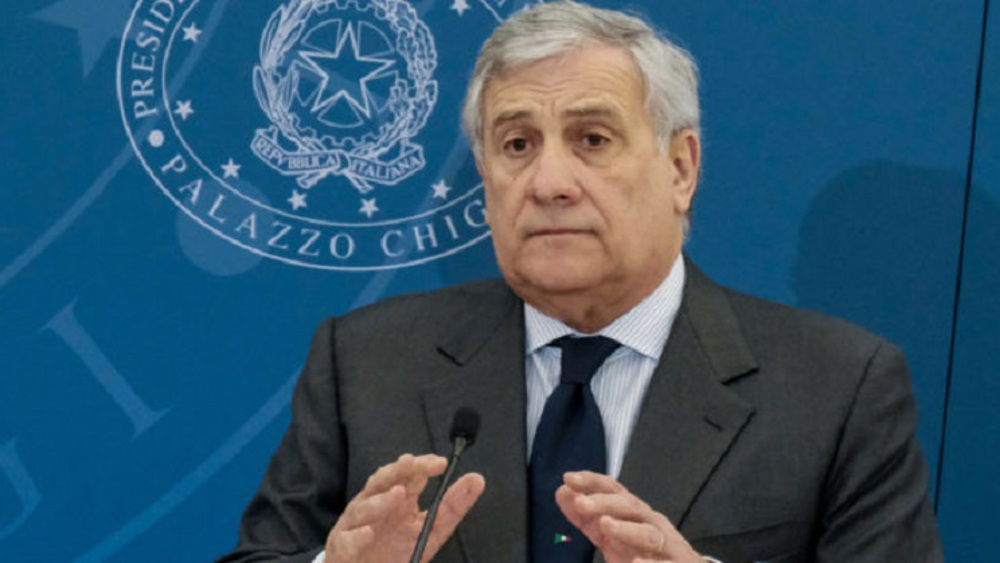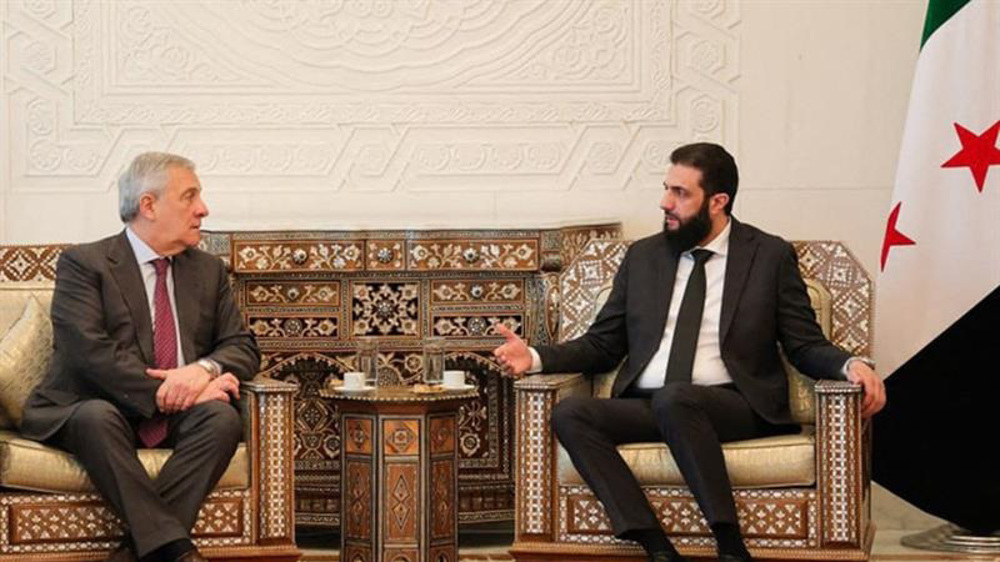OECD says more than doubled spending on Europe's refugee crisis
The Organisation for Economic Cooperation and Development has announced that members of the body more than doubled the spending on Europe's refugee crisis in 2015.
The OECD said in a report on Wednesday that a total of USD 12 billion (10.6 billion euros) was spent to cover the cost of refugees by 28 member countries of the Paris-based organization.
It said most of those costs were incurred by governments in Europe, where an unprecedented 1.1 million people claimed asylum in 2015. The total number of refugees arriving in 34 OECD countries last year hit a record high of 1.5 million.
The report said refugee costs accounted for more than 20 percent of aid expenditure in countries like Austria, Greece, Italy, the Netherlands and Sweden.
“Countries have had to find large sums to cover the costs of a historic refugee crisis in Europe, and most have so far avoided diverting money from development programs,” said the report, adding that almost seven percent of increase in projected development aid for 2015 was related to the hosting of refugees.
The OECD report said in real terms, excluding the funds spent on refugees, the aid on its own showed a 1.7-percent increase last year and was up 83 percent since 2000, when the Millennium Development Goals were agreed upon.
OECD chief Angel Gurria urged the member states to adopt long-term policies to better cope with future costs.
“Governments... need to develop long-term options for meeting future refugee costs and the integration of refugees in our societies, while ensuring at the same time that ODA (official development assistance) reaches those countries and people that need it the most,” said the official.
The report further indicated that only six countries researched in the report managed to maintain aid at or above 0.7 percent of gross national income (GNI), as prescribed by the United Nations, while the average in 28 countries comprising the Development Assistance Committee (DAC) was 0.3 percent of GNI, the same level as in 2014.
Hamas thanks Iran, Resistance Front following achievement of ceasefire in Gaza
'Capitulation': Israeli officials and media concede Gaza defeat as truce unfolds
'Gaza has won': Social media users react to ceasefire with mix of relief, joy
Iran seeks South Korea’s assistance for AI, fiber-optic projects
VIDEO | Iran's 'Eqtedar' (Power) maneuver
Israel hits HTS military target in Syria for 1st time since fall of Assad
VIDEO | Press TV's news headlines
Israel has slaughtered 13,000 students in Gaza, West Bank














 This makes it easy to access the Press TV website
This makes it easy to access the Press TV website